Akkuma aadaattuu ilmee dubraa waan hedduun faarsan.
“Jabeenna dhiiraa wa lama gaafatan:Hadhaa jabdu moo niiti jabduu qaba?”
“Dhiirsa jabaa duuba niitii jabduutti jira.”
“Guchii gugurraalee tana guchii bobooratti dhale,boboorran yaatee barbaaddu laafaa yaayyaatti(dubartii) dhale fa,”jedhaii jabeenna dubartii faarsan.
Aster Gannoo nama bara jabaa keessatti afaan Oromoo barreessuu fi barsiisuu jalqabe.
Akka Dr.Ezqi’eel Gabbisaa,kutaa Michigenitti porofeeserii seenaa yuniversitii Katteringii jedhetti,Aster Gannoo jaarraa 19 keessaa Xaliyanaa ykn Arabaatiin qabamtee bitamee gurguramte.
“Seenaa Oromoo keessatti,keessumaa karaa afaaniitii fi karaa barnootaa irratti gumaacha kana godhan dubartii baayyee guddoodha.Fakkii guddaa kan tahan dubartiidhaaf.”
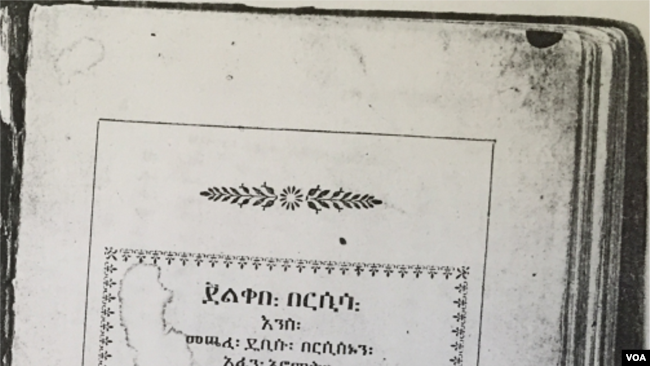
‘Jalqaba Barsiisaa’,kitaaba Aster Gannoo faan bara garbummaa jala jiran, jaarraa 19eessoo keessaa kataban
Kitaabii maqaa Aster Gannoo Salbaanaatiin barreeffamee hin maxxanfamin hedduu akka jecha Dr.Ezqi’eelitti ka maqaan isii irra jiru ammoo ka barreefamee bahe lama.
1.Jalqaba Barsiisaa: “Iddoo Immikkullu jedhamu iddoo Galab jedhamu mana barumsaa warri Siwiidin qopheesse—Oromoon garbummaa irraa bilisa ykn walaba bahanii iddoo san jiran walti qabani barreesaan.”
2.Bible stories: Kitaaba Qulqulloo Onesmos Nasiib waliin afaan Oromootti hiikan.
Hujii kitaaba Qulqullo Afaan Oromootti hiikuu kana haga guddaan Aster Gannootti Onesmoos gargaare.
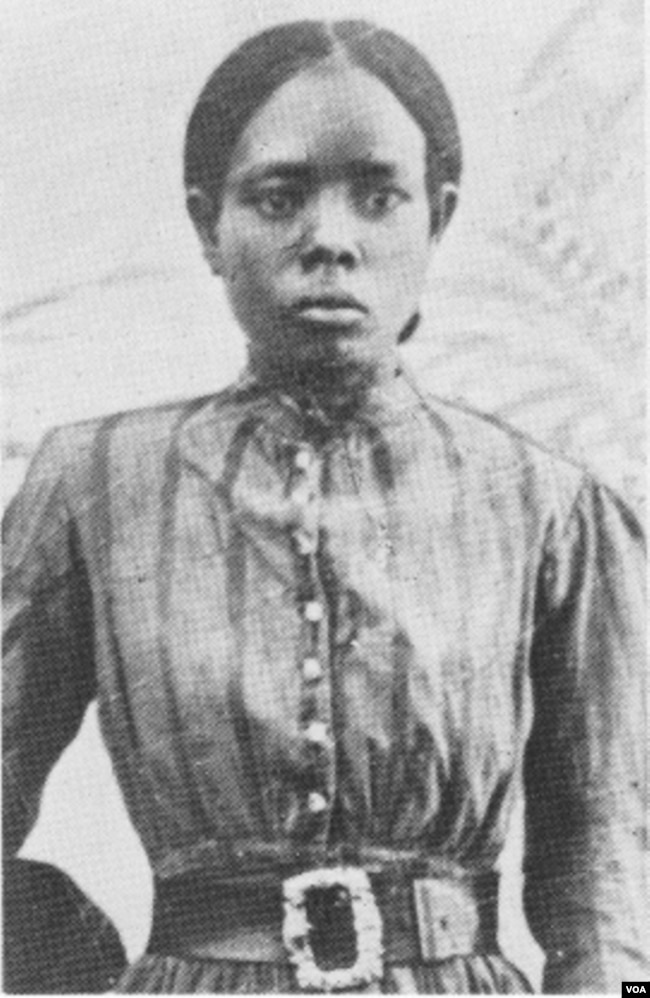
Aster Gannoo
Dhalootii Aster Gannoo bara 1870 keessa jedhan,kitaabii Aster faan bara 1890 keessaa Afaan Oromooti hiikamee bahe.
Barii dhaloota Aster Gannoo akka Dr.Ezqi’eelitti,jabana Atsee Yohyaannis biyya bulchaa bahe,bara sun Eertiraa Xaliyaanatti bulcha. Akka jecha Dr.Ezqi’eelitti bara Minilik faan biyya bulchan sun dhiraa fi dubralleen hedduutti gurgurame.
“Garba tahanii buluu duwwaa adoo hin tahanii ..yeroo cimaa keessatti og-barruu Oromootii fi ufi-baruu Oromoo barreessan jari kun.”
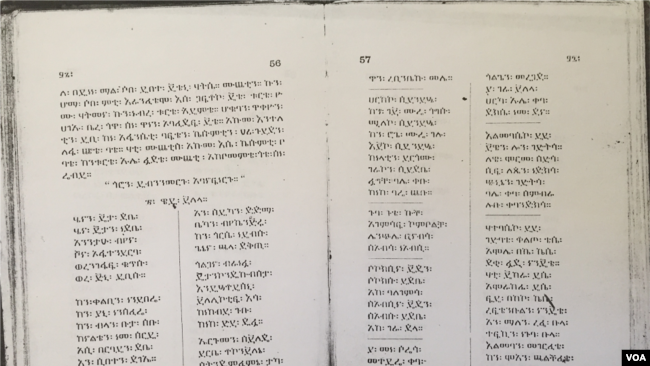
Weedduu Jaalalaa,mat-duree kitaaba aaddee Aster fa keessaa tokko
Jalqaba Barsiisaa,kitaabii Aster Gannoo faan bara garbummaa jala jiran barreessan fuula 174 qabu kana keessatti waaan hedduutti barreeffame:
.Weedduu Tissituu
- Ururuu,faaru ijoollee
- Weeddu Jaalalaaa
- Mammaassa
- Durii-Durii
- Hiobboo
- Tapha Ijoollee
- Weeddu Ateetee
- Geerarsa
- Weedduu Cidhaa fi kkf
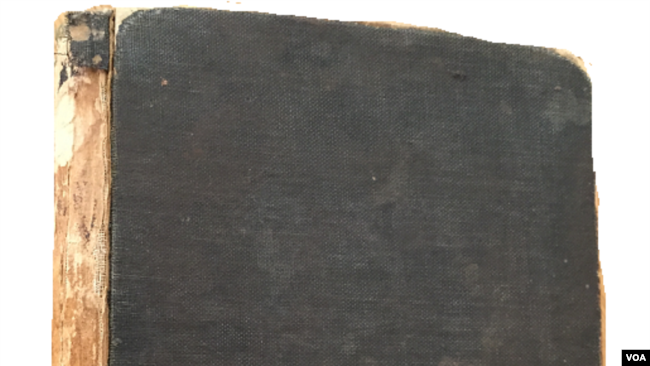
Jalqaba Barsiisaa bara 1894 keessa qubee Saabaatiin Afaan Oromootti barreeffame
The Oromo language team which was organized about 1890 consisted 15 to 20 members. However, besides Onesimos and Aster, Lidia Dimbo,14 Stefanos Bonaya who was originally from Lamu in present day Kenya, Natnael, and Roro were among the active members of the team. Nils Hylander, a Swede and close friend of Onesimos from his school days in Stockholm, joined them in 1891……The members of the team contributed in different ways in the preparation of the background literature for the educational and missionary work to be launched in Oromoland. A vocabulary of about 1500017 words were collected with the aim of compiling a dictionary, facilitating the translation of the Scriptures, and preparation of educational literature. Aster Ganno, linguistically the most gifted member of the team, wrote down from memory a collection of five hundred Oromo songs, fables and stories. Some of the stories were included in the Oromo Reader mentioned above.18 A comprehensive grammar of the Oromo language was also prepared. These works were left unpublished. – Mekuria Bulcha, Nordic Journal of African Studies 4(1): 36-59 (1995)
Click here to read the full text of Onesimos Nasib’s Pioneering Contributions to the writing of Afaan Oromoo
Aster Ganno (c.1872–1964) was an Ethiopian Bible translator who worked with the better knownOnesimos Nesib as a translator of the Oromo Bible, published in 1899.
She was born free, but was later enslaved by the king of Limmu-Ennarea. She was emancipated in 1886 when Italian ships intercepted a boat which was taking her to be sold on the Arabian Peninsula, then took her to Eritrea where the Imkullu school of the Swedish Evangelical Mission took her in. Aster (by Ethiopian custom, she is referred to by her first name) was educated at their school . Onesimos quickly “discovered that Aster was endowed with considerable mental gifts and possessed a real feeling for the Oromo language” (Arén 1978:383). She was assigned to compile an Oromo dictionary, which was first used in polishing a translation of New Testament published in 1893.
Aster also translated a book of Bible stories and wrote down 500 traditional Oromo riddles, fables, proverbs, and songs, many of which were published in a volume for beginning readers (1894). She later worked with Onesimos in compiling an Oromo hymnbook. Arén reports that a large amount of folklore she collected is still unpublished, preserved by the Hylander family (1978:384, fn. 71).
Aster and Onesimos completed translating the complete Bible into Oromo, which was printed in 1899. The title page and history credit Onesimos as the translator, but it appears that Aster’s contribution was not, and still is not, adequately appreciated.[1]
In 1904, Aster, together with Onesimos and other Oromos, were able to move from Eritrea back to Wellega, where they established schools, Aster serving as a teacher at Nekemte.
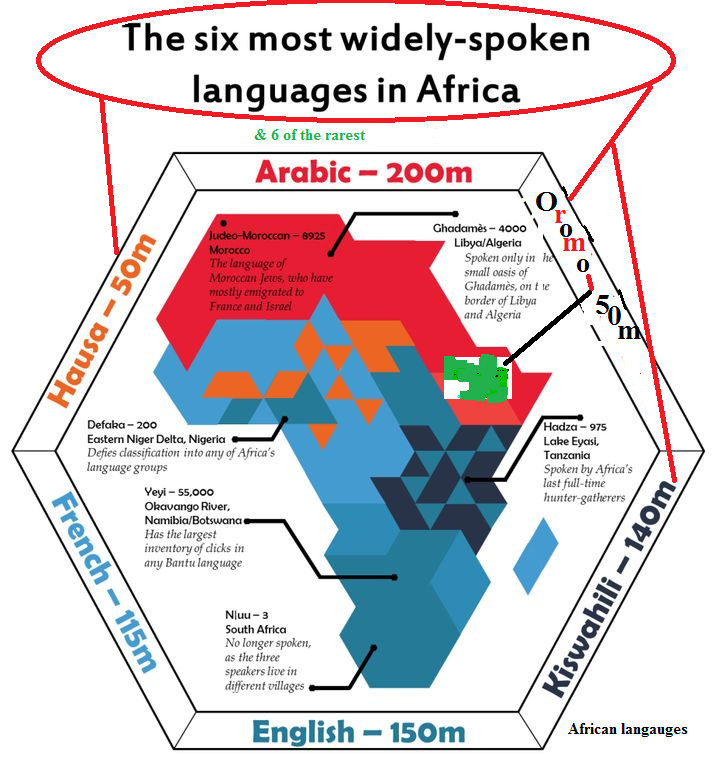
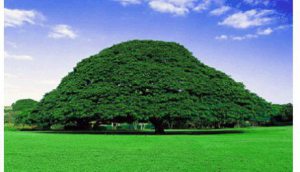
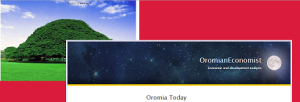


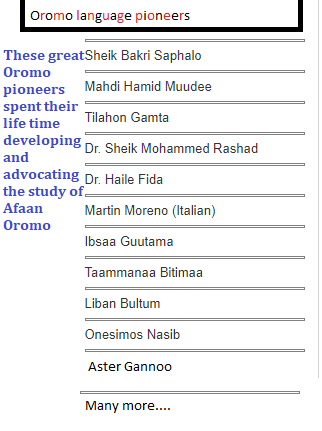

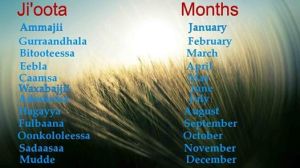

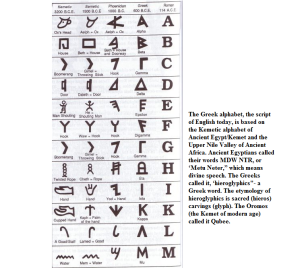
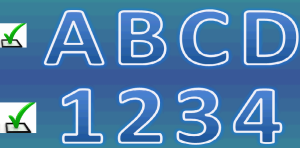
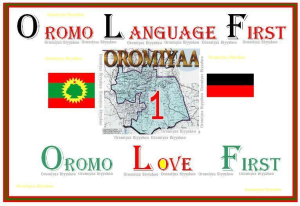
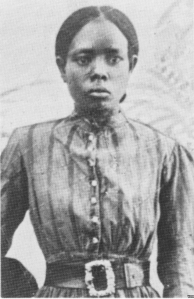
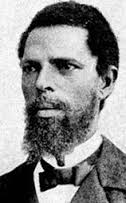
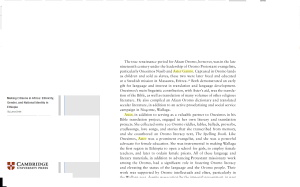
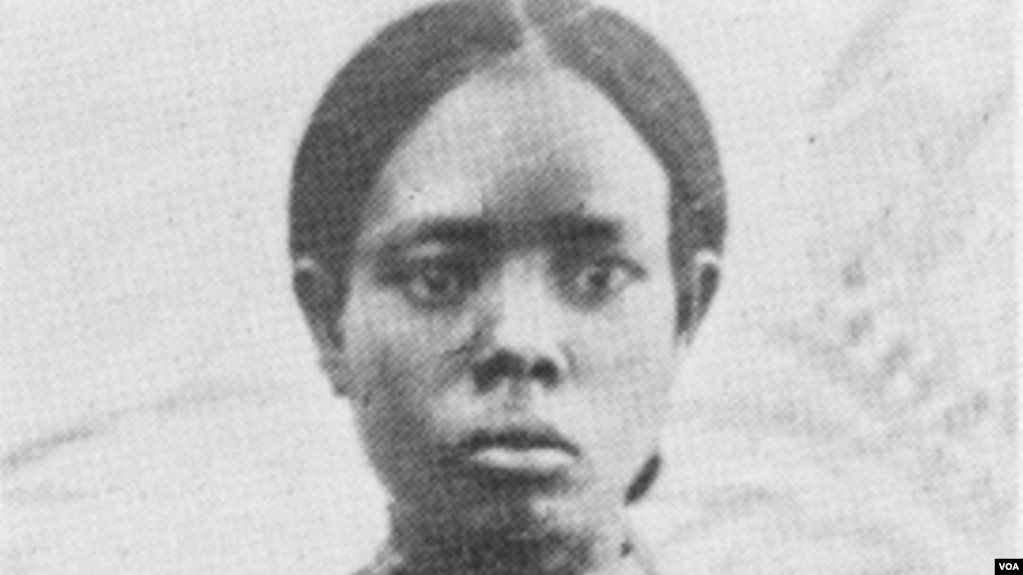




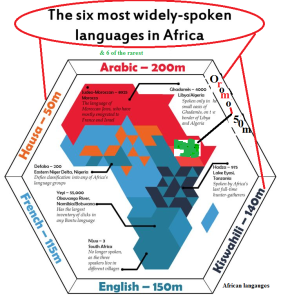
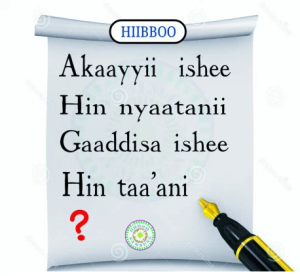


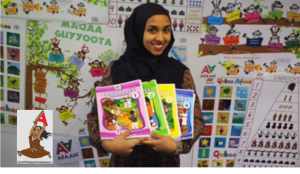
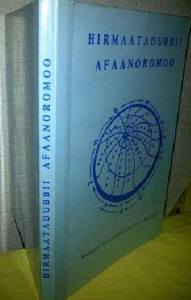
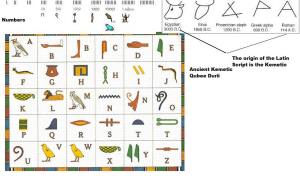





You must be logged in to post a comment.